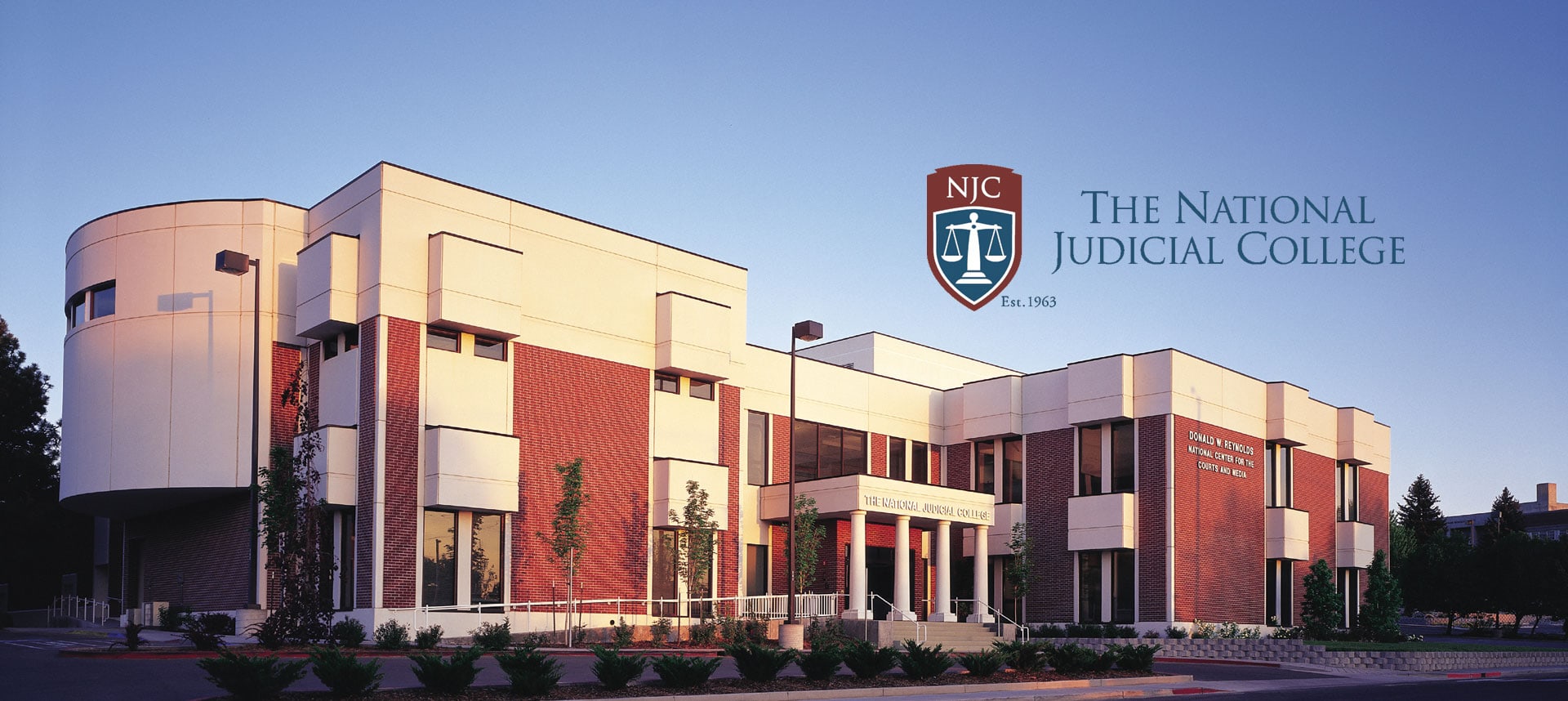By Anna-Leigh Firth
Our monthly one-question survey emailed to NJC alumni in June asked trial judges, “About how often do you disagree with the jury’s verdict?”
The choices were:
- Less than 25 percent of the time
- 26 to 50 percent of the time
- 51 to 75 percent of the time
- More than 75 percent of the time
Top choice
Eighty-two percent of the 446 judges who responded said they disagree less than 25 percent of the time. The majority who left comments said the jury usually gets it right, and it is not a judge’s job to second guess their decision.
Wrote one judge (anonymously, as was most often the case with the comments): “When you hear the voice of a dozen people speak in unison, it is rare that they get it wrong.”
Wrote another: “I have rarely disagreed with civil or criminal juries. And I will never tell a jury that I disagree for two reasons: First, it is breach of ethics. Second, and perhaps more important, as the presiding judge, I have more to think about during the trial than the jurors, and I could easily miss a salient fact.”
Disagreeing 25 to 50 percent of the time
Sixty-two judges said they disagree 25 to 50 percent of the time. Most said that sometimes a jury’s lack of knowledge of legal terms or their being unaware of certain evidence that was withheld results in the jury ruling differently than the more fully informed judge would.
One judge explained that he or she may disagree with the jury’s verdict but can’t rule any differently if that disagreement stemmed from facts not in evidence.
“There are things that I know about the case which they jury does not know because those things are inadmissible under the rules of evidence. And I think that sometimes the jury gets stuck on some small facet of a case that is really just a red herring, not seeing the bigger and real issue.”
Some judges said it depends on the type of case.
“During two years on a civil assignment, I have disagreed with the jury’s verdict in some significant respect, i.e., prevailing party determination or award amount, etc., about half the time,” wrote one judge. “However, during 10 years on criminal assignments presiding over major felony trials, I disagreed with the jury’s verdict less than five times in about 200 trials.”
Disagreeing more than half the time
Eighteen trial judges said they disagree with the jury’s verdict more often than not.
One said that an attorney can easily convince a jury to reach a wrong decision by playing on the jurors’ emotions or by focusing on certain details of a case that a judge wouldn’t consider important. This judge offered the example of a case in which an attorney argued that a client arrested for DUI was acting responsibly by sleeping off intoxication in a vehicle instead of driving it.
*Each month the College emails an informal, non-scientific one-question survey to its more than 12,000 judicial alumni in the United States and abroad. The results, summarized in the NJC’s Judicial Edge Today, are not intended to be characterized as conclusive research findings.

The Hon. Mary-Margaret Anderson (Ret.), a retired administrative law judge with the California Office of Ad...

Happy October, Gaveliers faithful. Are you loving this or what? No one believed a team made up of judges...


Hon. Diane J. Humetewa, the first Native American woman and the first enrolled tribal member to serve as a ...

Retired Massachusetts Chief Justice Margaret H. Marshall has been selected as the 2024 winner of the presti...